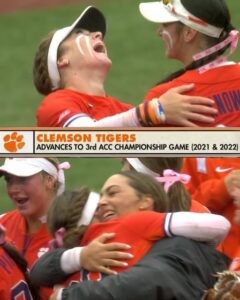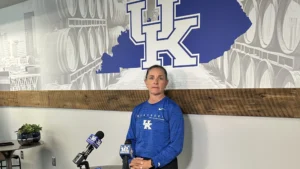
Nico Iamaleava’s brief tenure at the University of Tennessee, marked by a high-profile 72-hour visit, underscores the evolving and often volatile landscape of college football recruitment and Name, Image, and Likeness (NIL) negotiations. This episode not only highlights the intense pressures faced by elite recruits but also reflects broader shifts in collegiate athletics
The 72-Hour Visit: A Snapshot of Modern Recruitment
In the realm of college football, official visits are pivotal moments where recruits assess potential programs, and programs evaluate recruits. For Iamaleava, a highly touted quarterback prospect, his 72-hour visit to Tennessee was anticipated to be a decisive step towards his collegiate future. However, the visit quickly became emblematic of the complexities surrounding NIL deals and recruitment.
According to reports, during his visit, discussions centered around the terms of his NIL contract, which were reportedly valued at $2.4 million of an $8 million deal. Iamaleava sought an increase to $4 million, citing rising market values for top quarterbacks. Tennessee declined his request, leading to a public dispute and Iamaleava’s subsequent departure from the program .
Iamaleava’s situation underscores the significant role NIL deals play in modern recruitment. While these agreements offer athletes financial opportunities, they also introduce complexities into the recruitment process. In Iamaleava’s case, the negotiations over his NIL contract became a focal point, overshadowing traditional recruitment aspects such as on-field performance and academic fit.
The NCAA’s evolving stance on NIL further complicates matters. A federal judge’s ruling in February 2024 allowed NIL negotiations before enrollment, easing the path for players to sign such deals. However, this decision also led to increased scrutiny and competition among programs, as they navigated the new landscape of NIL-driven recruitmen
Iamaleava’s departure from Tennessee serves as a cautionary tale for both recruits and programs. For recruits, it highlights the importance of thoroughly understanding the implications of NIL deals and ensuring that expectations align with program capabilities. For programs, it underscores the need for clear communication and realistic commitments regarding NIL opportunitiesIn the broader context, this incident reflects the ongoing adjustments within collegiate athletics as stakeholders navigate the integration of NIL into traditional recruitment and program-building strategies. As the landscape continues to evolve, both recruits and programs must adapt to the new realities of college football recruitment
Nico Iamaleava’s 72-hour visit to Tennessee, culminating in his departure over NIL contract disputes, encapsulates the challenges and complexities introduced by the NIL era in college football. This episode serves as a reminder of the evolving dynamics in recruitment and the critical importance of alignment between recruits’ expectations and program





